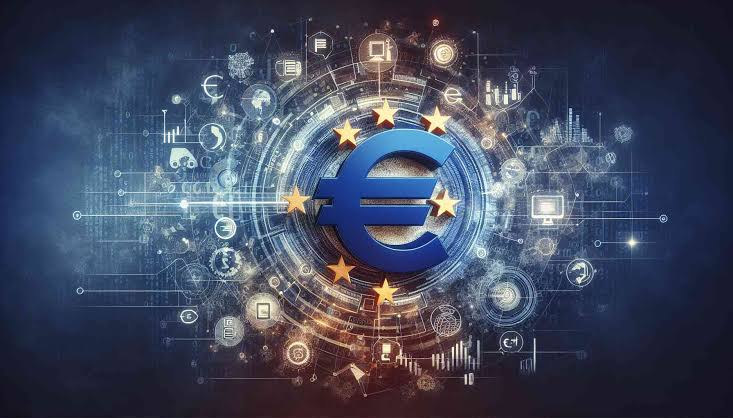According to former Governor of the Bank of Spain Miguel Fernández Ordóñez, a digital euro is a safe asset that may help eliminate bank crises or deregulate banks entirely.During a public hearing organized by the European Parliament’s Committee on Economic and Monetary Affairs to deliberate on a possible central bank digital currency (CBDC), Ordóñez stated that the use of risky assets such as bank deposits—which aren’t actual money but rather promises of repayment—was the cause of the last two major global economic crises.
“Digital euros are euros, but bank deposits are not euros. Deposits are just promises to pay euros, and if banks can’t fulfill those promises, then you get crises emerging,” he said, adding that a CBDC would have the benefit of stability, justifying the use of the digital euro instead of bank deposits.
The possibility that CBDCs could jeopardize the stability of the banking industry by incentivizing clients to take their deposits and convert them into CBDCs is one of the main worries surrounding them.Large enough withdrawals have the potential to cause a liquidity crunch and other issues for the whole economy.The European Union’s plans for a digital euro suggest individual holding limitations as a way to reduce such a risk.Legislators and the general public have also criticized the ideas due to privacy and other issues.
Ordóñez continued, stating that a digital euro might help deregulate banking activities totally. Ordóñez was one of four experts testifying at the Tuesday session.
“And that deregulation would have a very important impact on growth because banking is the most protected sector. The sector is subject to the most intervention of all economic sectors,” Ordóñez said.
On the other hand, he claimed that strict regulations and deposit insurance would not apply to a digital euro that the European Central Bank produced, thus enhancing competitiveness.Ordóñez, a former secretary of state for finance and economics in the Spanish government, added that a CBDC may allow the ECB to conduct “direct monetary policy.”
“So the central bank wouldn’t have to change interest rates and we will be able to take monetary policy decisions without having to worry about the impact on banking stability. There are other effects, for example, dealing with the centralization of financial decisions or separating monetary policy from government finances. And there’s a very important effect for Europeans because if we had a digital euro, then we could have real European monetary union. What we have at the moment is just physical money, coins, notes,” Ordóñez said.
Lawmaker Stefan Berger, who is in charge of guiding the legislation through the parliament, stated at the hearing that they “don’t know the technological aspects” of a CBDC “or if it’s going to be blockchain.” The EU has not determined whether to issue a digital euro).


